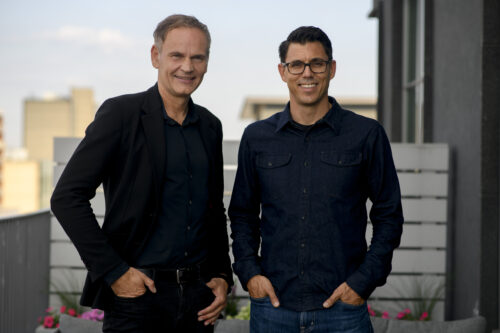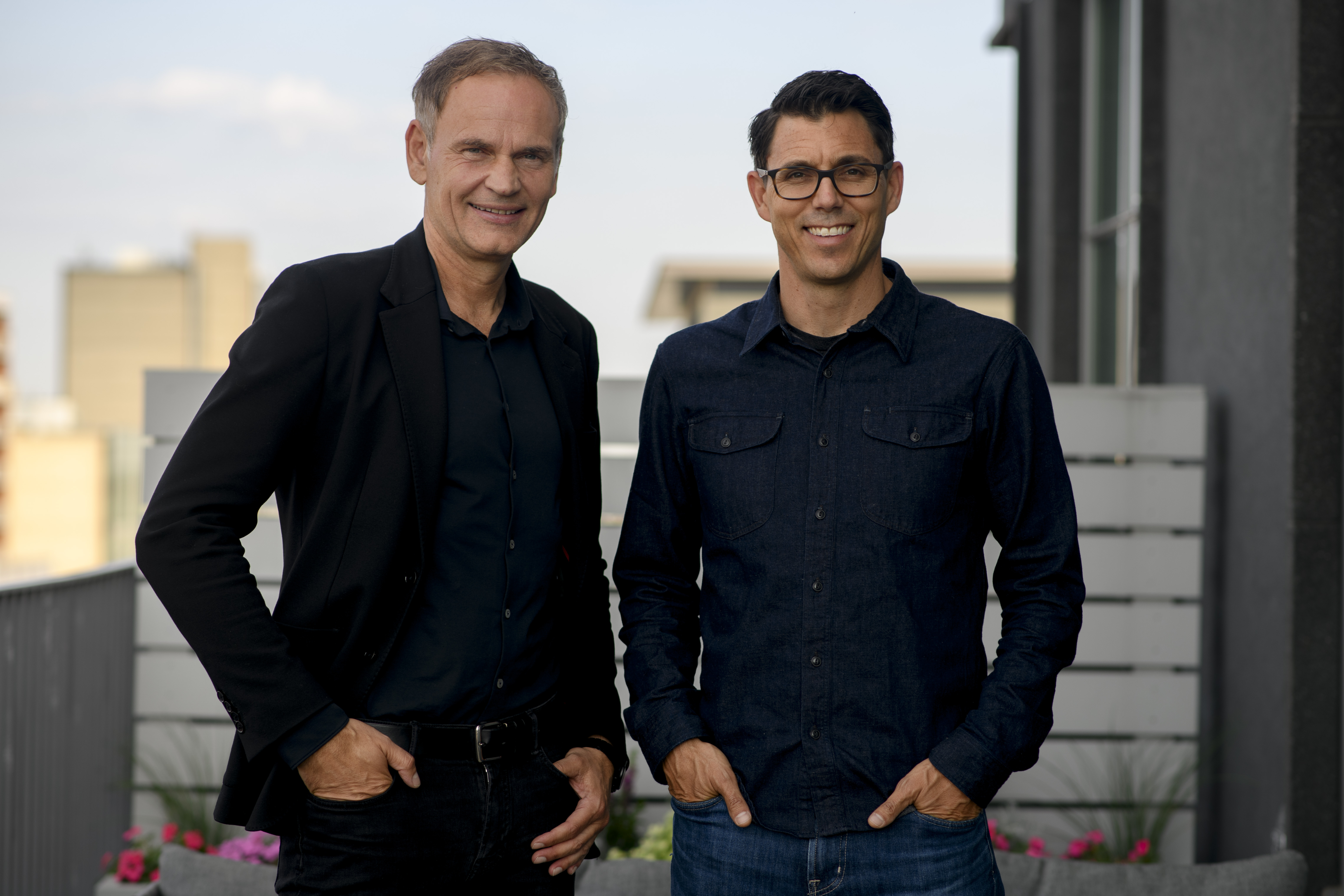
Joint Venture Announcement
Rivian Automotive and Volkswagen Group intend to create an equally controlled and owned joint venture to develop next-generation electrical architectures and software technology. As described in a press release on June 25th, 2024, the partnership is expected to accelerate software development for Rivian and Volkswagen Group, allowing both to speed innovation, increase scale, and ultimately lower cost per vehicle.
Software-Defined Vehicles
Rivian’s in-market zonal hardware design and integrated technology platform are expected to serve as the foundation for the future development of software-defined vehicles (SDVs) under the joint venture. According to the press release, future SDV developments as part of the joint venture will be applied to both companies’ product portfolios. Meanwhile, Rivian plans to contribute its electrical architecture expertise and license existing intellectual property rights to the joint venture.
Both companies aim to launch vehicles benefiting from the technology created within the joint venture in the second half of the decade, although Rivian and VW will continue to operate their respective vehicle businesses separately (for example, news of the joint venture came only hours after Volkswagen of America announced 2025 model year updates for the Jetta and Jetta GLI).
In the short term, the joint venture is expected to enable Volkswagen Group to utilize Rivian’s existing electrical architecture and software platform. The partnership’s ambition is to accelerate Volkswagen Group’s SDV plans and transition to a pure zonal architecture. In the months before the announcement, both automakers worked to validate and ensure Rivian’s electrical architecture and software were compatible with Volkswagen Group’s vehicles.
“Our customers benefit from the targeted partnership with Rivian to create a leading technology architecture,” said Oliver Blume, CEO of Volkswagen Group. “Through our cooperation, we will bring the best solutions to our vehicles faster and at lower cost.”
“Since the earliest days of Rivian, we have been focused on developing highly differentiated technology, and it’s exciting that one of the world’s largest and most respected automotive companies has recognized this,” said RJ Scaringe, Founder and CEO of Rivian. “Not only is this partnership expected to bring our software and associated zonal architecture to an even broader market through Volkswagen Group’s global reach, but this partnership also is expected to help secure our capital needs for substantial growth.”
Investment by Volkswagen Group
As described in the joint press release, Volkswagen Group will make an initial investment of $1 billion via an unsecured convertible note that will convert into Rivian’s common stock on December 1st, 2024, subject to certain conditions and regulatory approvals. Should the joint venture be established successfully, Volkswagen Group is expected to invest a further $4 billion as part of the transaction.
“The additional investment in shares of Rivian Automotive, Inc., would be made in two tranches of $1 billion USD each in 2025 and 2026 and would be contingent on Rivian Automotive, Inc., and the joint venture achieving certain milestones,” wrote Lars Korinth, Volkswagen Group Head of Investor Relations, in a memo on Volkswagen Group’s website. “If the joint venture will be successfully implemented and certain further milestones are achieved, the total investment of Volkswagen in shares in Rivian Automotive, Inc., as well as in equity and debt in the joint venture, would aggregate in a total amount of 5 billion USD by 2026; a part of which in the amount of 2 billion USD would be paid out still in fiscal year 2024.”
Lazard is serving as lead financial advisor for Volkswagen Group and BDT & MSD Partners is serving as financial advisor to Rivian.
“The partnership fits seamlessly with our existing software strategy, our products, and partnerships,” Blume said. “We are strengthening our technology profile and our competitiveness.”
“Rivian was created to help the world to transition away from fossil fuels through compelling products and services, and this partnership is beautifully aligned with that mission,” Scaringe said.



